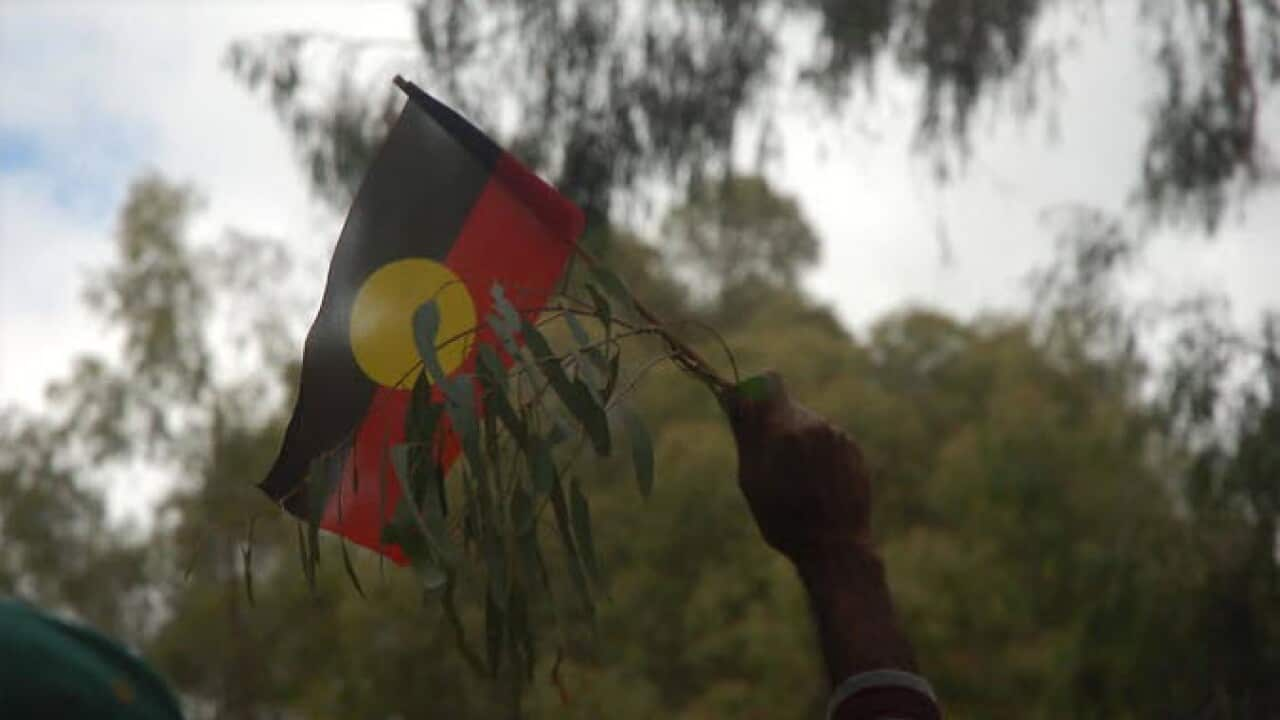The Disability Royal Commission has heard from an Aboriginal mother in South Australia who said she had her children removed before she got a chance to show she could be a good parent to them.
The Royal Commission into Violence, Abuse, Neglect and Exploitation of People with Disability is investigating the experiences of First Nations people with disability and their families in contact with child protection systems.
The woman, who gave evidence under the pseudonym ‘Shontaya’ said she didn’t know until after her children were removed that the Department of Child Protection had received multiple notifications about the safety of her children.
“I had never heard from DCP at all,” she said.
“Didn't even know I had notifications or anything when my children were removed.”
Shontaya said her ex-partner, the father of her two youngest children, was abusive to her.
She said she had to take a parenting capacity assessment nine days after a domestic violence incident where her ex-partner had broken three of her ribs.
She also suffered a black eye and head injuries and has not seen her ex-partner since.
Shontaya later found out the parenting capacity assessment undertaken by a psychologist, assessed her as having low or poor intellectual functioning.
The assessment also said any engagement Shontaya might have with services would be ‘superficial’ and she would not be able to take what she had learnt from any courses and put into use as a parent.
Shontaya said she felt she ‘never got a chance at all’ to show that she could be a good parent.
After Shontaya’s children were removed, she got in touch with lawyers from the Aboriginal Legal Rights Movement in South Australia.
She said they did another assessment, with a different psychologist and found Shontaya has a mild intellectual disability.
This psychologist’s assessment said Shontaya was capable of caring for her children, with support.
Shontaya now has an NDIS plan and said she is in contact with a number of services to support her.
“If I had a lot of support in that earlier, I think it would have actually helped me,” she said.
“And probably would have let me keep my kids in my care.”
'Marginalised within the margins'
The Royal Commission heard from the Aboriginal Children and Young People Commissioner in South Australia, April Lawrie, and Queensland’s Family and Child Commissioner Natalie Lewis on Thursday.
Commissioner Natalie Lewis told the Commission Aboriginal parents with a disability face compounding discrimination when it comes to the child protection system.
“Looking at disproportionate levels of disadvantage across a range of local indicators, experiences of poverty, intergenerational trauma,” she said.
“All of those things have a compounding impact, in particular when we're looking at families when a parent or both parents have a disability, those impacts are compounded even further.
“So, marginalised within the margins. So I think it's pretty important and I think it's disappointing that we haven't paid significant attention to that cohort of families that are experiencing such extreme vulnerability in the scope of work that we've done to date around the child protection system.”
Commissioner Lawrie agreed, saying Aboriginal families are missing out on culturally appropriate intervention services.
“We know that the service system is quite harsh to our Aboriginal families and we know that disability is often seen as a risk factor in leading to removals rather than affording our Aboriginal families with a disability the opportunity to be engaged in early help services,” she said.
'Excluded from critical decisions'
Commissioner Lawrie said she has heard from families that they feel like they’re “alienated” from the decision making processes when it comes to their children.
“I've heard directly from mothers who have had their babies removed from birthing units, from health services, antenatal services and the parents were never provided any supports for addressing the reasons of the vulnerability of their infant child,” she said.
“When you look at the decision-making processes that happen, I hear all the time from families that they are more than often the last to know and excluded from critical decision-making points in the decision-making process.”
Commissioner Lawrie said this reinforces the need for Aboriginal community controlled organisations to be supported to provide services to Indigenous families.
“Much of the early help services and protection work is delivered largely by non-Aboriginal institutions,” she said.
“I would have to say that they are not culturally apt at supporting our most vulnerable and particularly our vulnerable Aboriginal children and their families.
“And that just seems to be at the heart of it. And so once our Aboriginal children and families are having contact with the system, rather than being directed away from the acute response, our families, who are more than often our impoverished families with multifaceted, multi-complex issues, will not be afforded the early help services.
“While there might be a level of distrust, those early help services need to be provided by Aboriginal community-controlled sectors so that our families have a high degree of confidence and are able to access services which they feel can meet their needs in a culturally appropriate way.”
Commissioner Lewis said this cultural aptitude must go beyond cultural competency training to ensure the best outcomes for Indigenous children.
“For me the best demonstration of cultural capability is somebody who knows, is self aware enough to know that it's not their right or place to make a particular decision,” she said.
“I think that what we are starting to see in the reforms in Queensland is that we need to stop thinking we can import cultural capability into a system that is largely incongruent with Aboriginal and Torres Strait Islander people, our way of being, and our world view.
“I think that what we need to start looking at is transitioning from the system into our services so we can take responsibility for the decisions that most profoundly impact upon our children.”










